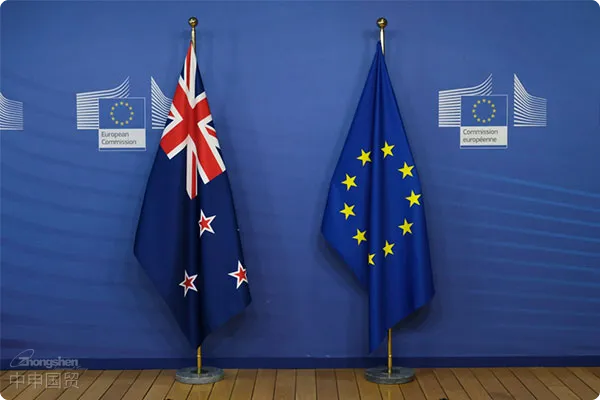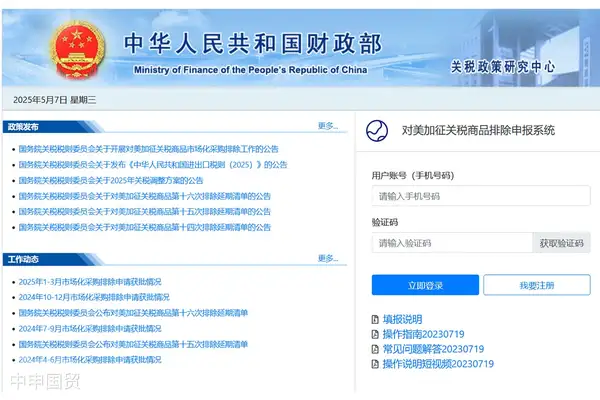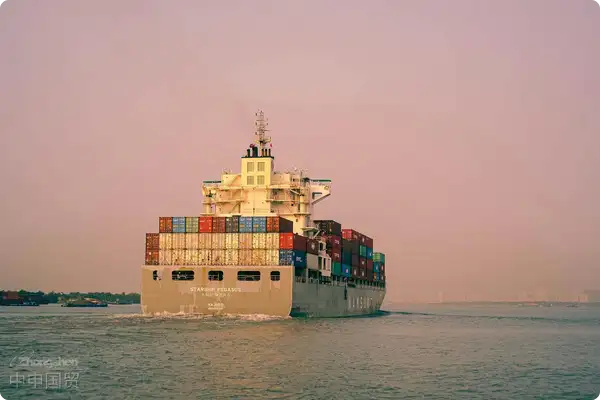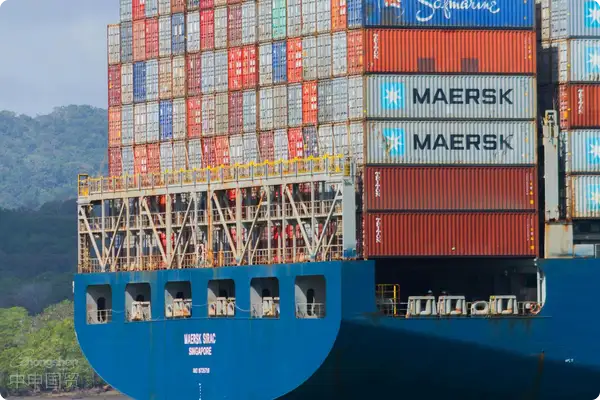- Shanghai Zhongshen International Trade Co., Ltd. - Two decades of trade agency expertise.
- Service Hotline: 139 1787 2118
The comprehensive trade agreement between the EU and New Zealand has commenced, taking effect from 2024. It is expected to significantly boost bilateral trade and investment, delivering substantial benefits to businesses and consumers in Europe and New Zealand.

According to European Commission data, this trade agreement will save European companies up to €140 million annually in tariffs. Over the next decade, the agreement is projected to increase bilateral trade by 30%, potentially boosting EU exports to New Zealand by up to €4.5 billion annually while increasing European investment in New Zealand by up to 80%.
The agreement was signed in July 2023 by European Commission President Ursula von der Leyen and then New Zealand Prime Minister Jacinda Ardern. Negotiations began in 2018 and concluded successfully in 2022.
It is particularly noteworthy that this agreement brings special benefits to European agricultural producers. Tariffs on pork, wine and sparkling wine, chocolate, confectionery, and biscuits will be eliminated, which is a significant boon for European farmers and food producers. Additionally, the agreement includes protections for 2,000 EU wines and spirits, as well as 163 EU traditional products with geographical indications, further enhancing the competitiveness of high-quality EU agricultural products in the international market.
The agreement also covers services, including financial services, telecommunications, shipping, andMaritime Transportationmarket opening. This measure is expected to facilitate exchanges and cooperation in the services sector, providing more market opportunities and business expansion possibilities. For New Zealand, the EUs open market and non-discriminatory treatment will offer local businesses a larger operating environment while improving EU companies access to New Zealands public procurement, which is of great significance for promoting New Zealands economic development.
Furthermore, the various provisions and measures included in the trade agreement, such as zero-tariff policies and market opening, reflect the shared commitment of both parties to establishing a fair, transparent, and sustainable trade environment.
Related Recommendations
? 2025. All Rights Reserved. Shanghai ICP No. 2023007705-2  PSB Record: Shanghai No.31011502009912
PSB Record: Shanghai No.31011502009912










